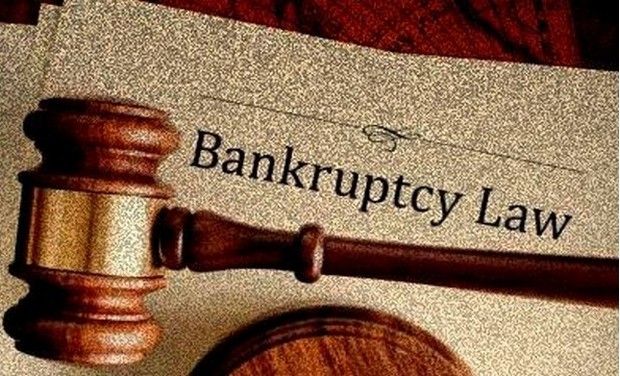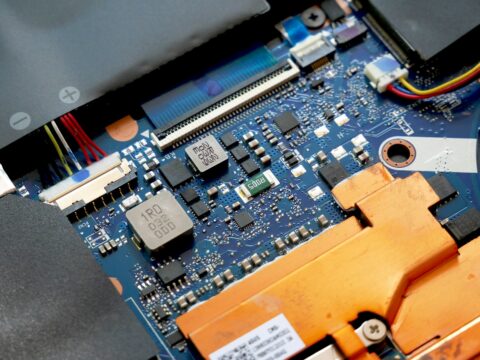Section 14 of Limitation Act applies to application under Section 7 of I&B Code

The Supreme Court in Seth Nath Singh & Anr vs. Baidyabati Sheoraphuli Co-operative Bank Ltd & Anr[1] has ruled that an applicant under Section 7 of the Insolvency and Bankruptcy Code (“I&B Code”) can claim benefit of Section 14 of the Limitation Act, 1963 (“Limitation Act”), in respect of proceedings under the Securitization and Reconstruction of Financial Assets and Enforcement of Security Interest Act, 2002 (“SARFAESI Act).
Section 14 of the Limitation Act allows exclusion of time of proceedings bona fide in court without jurisdiction. In other words, the provision allows exclusion from the limitation period the time spent litigating before a forum without any jurisdiction.
The period of limitation for making an application under Section 7 or 9 of the I&B Code is 3 years from the date of accrual of the right to sue, that is, the date of default.
The court ruled, “There can be little doubt that Section 14 applies to an application under Section 7 of the IBC. At the cost of repetition, it is reiterated that the IBC does not exclude the operation of Section 14 of the IBC.”
It also said that there is no rule that the exclusion of time under Section 14 of the Limitation Act is available only after the proceedings before the wrong forum terminate.
The court went on to rule, “In our considered view, keeping in mind the scope and ambit of proceedings under the IBC before the NCLT/NCLAT, the expression ‘Court’ in Section 14(2) would be deemed to be any forum for a civil proceeding including any Tribunal or any forum under the SARFAESI Act.”
Factual matrix
In this case, NCLT Kolkata bench had admitted an application filed by a financial creditor under Section 7 of the I&B Code, initiating corporate insolvency resolution process against the corporate debtor, Debi Fabtech Pvt. Ltd on 25 April, 2019. The financial creditors had granted a cash credit facility of Rs. 1 crore to the corporate debtor on 15 February, 2012. However, the financial creditor alleged that the corporate debtor defaulted in repayment of its debt in May 2012, in terms of the cash credit facility.
The financial creditor declared the corporate debtor’s account as a non performing asset (“NPA”) on 31 March, 2013, and issued a notice to the corporate debtor on 18 January, 2014 under Section 13(2) of the SARFAESI Act. The notice called upon the corporate debtor to discharge in full its outstanding liability with interest as on 28 September, 2013 to the financial creditor within 60 days from the date of notice.
The proceedings under SARFAESI Act shuttled between various courts, before being stayed by the Calcutta high court on 24 July, 2017, on the ground of want of jurisdiction. The financial creditor then filed an application under Section 7 of the I&B Code on 10 July, 2018. This application was allowed by the Kolkata Bench of the NCLT.
The corporate debtor then filed an appeal before the National Company Appellate Tribunal (“NCLAT”), contending that the application filed by the financial creditor should not have been entertained, the same being barred by limitation. It submitted that its account was declared an NPA on 31 March, 2013, whereas the application under Section 7 of the I&B Code was filed more than 5 years later on 27 August, 2018, therefore being barred by limitation. It relied on a judgment passed by the NCLAT in Ishrat Ali vs. Cosmos Cooperative Bank Ltd & Anr.[2], wherein the NCLAT held that in an application under Section 7 I&B Code, the applicant is not entitled to the benefit of Section 14 of the Limitation Act in respect of proceedings under the SARFAESI Act.
The NCLAT rejected the appeal on 22 November, 2019, post which the corporate debtor approached the Supreme Court.
The apex court now ruled that since the proceedings in the high court were still pending on the date of filing of the application under Section 7 of the I&B Code in the NCLT, the entire period after the initiation of proceedings under the SARFAESI Act could be excluded.
“If the period from the date of institution of the proceedings under the SARFAESI Act till the date of filing of the application under Section 7 of the IBC in the NCLT is excluded, the application in the NCLT is well within the limitation of three years,” it then held, dismissing the appeal filed by the corporate debtor.
The court also ruled that the NCLAT judgment in the case of Ishrat Ali is “unsustainable in law”.
The judgement cannot be interpreted as a blanket permission while filing application under Section 7 of the IBC to plead Section 14 of the Limitation Act in cases financial creditors initiated SARFAESI proceedings. In the current case, the Calcutta High Court stayed the SARFAESI proceedings for want of jurisdiction, a mandatory requirement under Section 14 for exclusion of time of proceedings. The judgment may not be applicable in cases where SARFAESI proceeding is not stayed for want of jurisdiction.
[1] Civil Appeal No. 9198 of 2019
[2] Company Appeal (AT) (Insolvency) No. 1121 of 2019
By entering the email address you agree to our Privacy Policy.



